Cutting-Edge Technology and Practical Solutions for Rural ITS Challenges: Highlights from the 19th Annual Western States Forum

The 19th Western States Rural Transportation Technology Implementers Forum (the Western States Forum or WSF), held in June in Yreka, California, focused on advancing Rural ITS and highlighted implementation of cutting-edge technology and projects. Tailored to engineers and technicians, the Forum was an opportunity to share in-depth, technical solutions to rural transportation challenges. Trust is […]
WTI Well Represented at TRB 2024
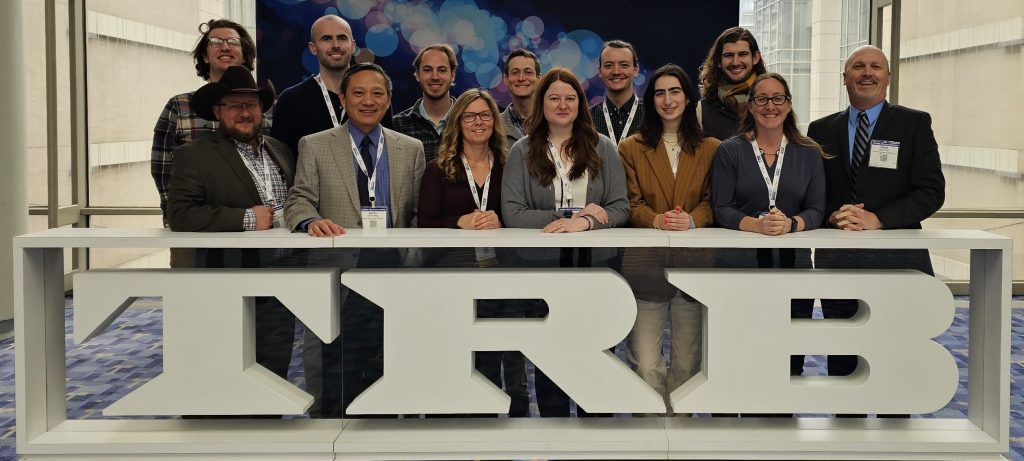
WTI Employees Continue to Make Headway as TRB Committee Chairs In the December 2022 issue of Newswire, we introduced you to three highly accomplished WTI researchers who chair TRB committees. We caught up with them after the 2024 TRB Annual Meeting for an update: Natalie Villwock-Witte has chaired the Standing Committee on Transportation Needs in National […]
Public Lands Transportation Fellows Explore Federal Opportunities, Meet, and Present at TRB 2024
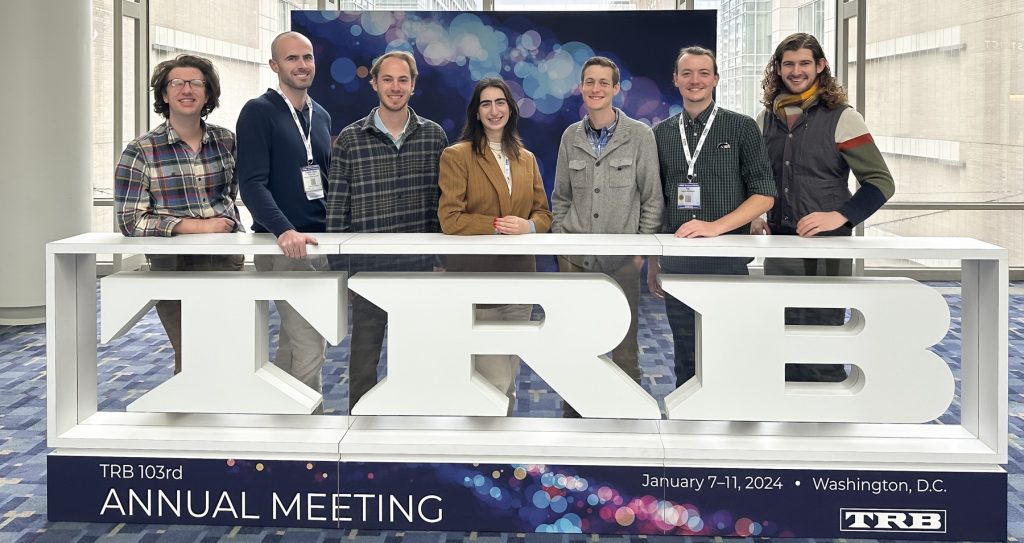
The Public Lands Transportation Fellows (PLTF) program is a collaboration between WTI, the National Park Service, and the US Fish & Wildlife Service, that provides outstanding graduate students with transportation-related fellowships and long-term job opportunities in federal land management agencies. WTI is particularly proud of this program, its participants, and their creativity and problem-solving acumen. […]
WTI Road Ecologists Engage with MSU Students
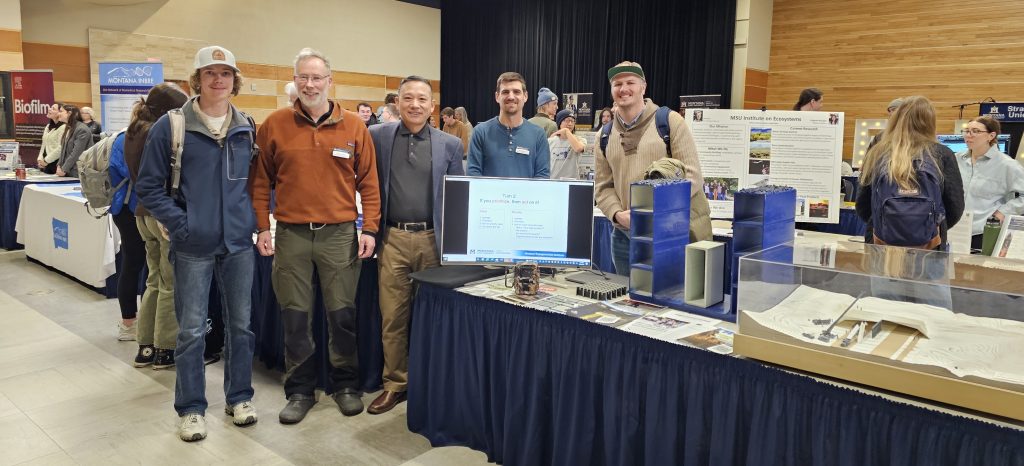
Last month, WTI road ecologists Marcel Huijser and Mat Bell participated in Montana State University’s (MSU) inaugural Undergraduate Research Fair, where they introduced students to WTI and research opportunities within the road ecology group. They hope that it will inspire students to bring their energy and creativity to collaborative WTI projects. “At WTI, undergraduate researchers […]
CALL FOR ABSTRACTS: Western States Rural Transportation Technology Implementers Forum
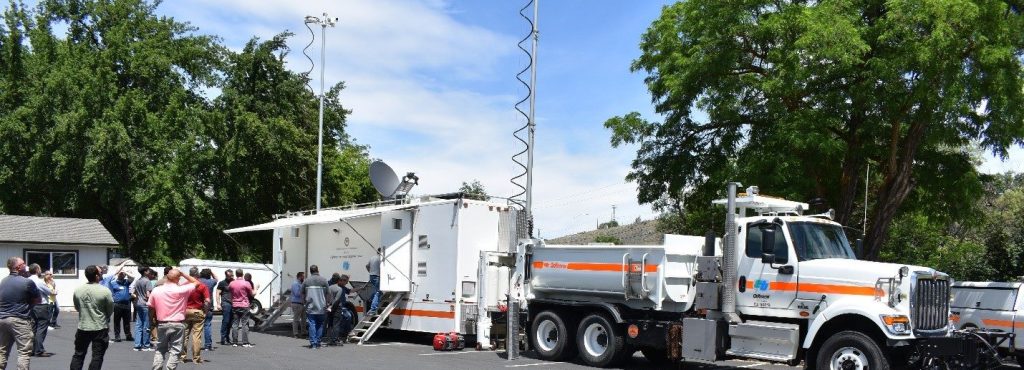
The Western States Rural Transportation Technology Implementers Forum is now seeking abstracts for the 19th Annual Forum, which will be held on June 18-20, 2024, in Yreka, California. If you are involved with a project you feel would be of interest to other technology practitioners, and would like give a presentation or demonstration, check out the Call For […]
WTI Schedule for TRB 2024
We look forward to seeing you in person at the following WTI-involved events. Events shown have either a WTI employee presiding or presenting, or are co-sponsored by a WTI involved committee. Locations are available in your TRB program. Monday, January 8th Tuesday, January 9th Wednesday, January 10th
Week-long Summer Camp Introduces Kids to Transportation Planning
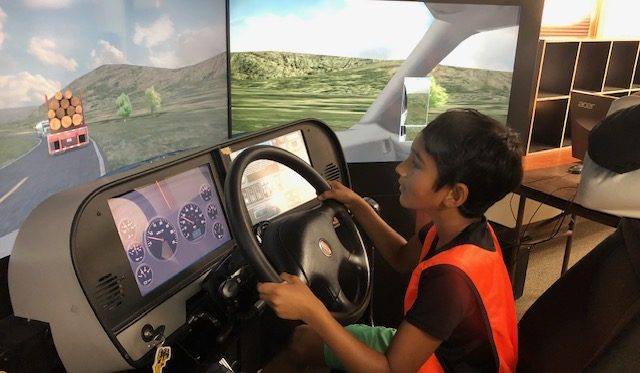
In August, twenty-four Montana middle school students participated in WTI’s weeklong Summer Transportation Camp, held at Salish Kootenai College (SKC) in Pablo, Montana. The camp introduced participants to a wide range of transportation and STEM topics. Students were able to pick out a bike from Free Cycle bike kitchen in Missoula, which they used to […]
18th Annual Western States Forum a Success
The Western States Rural Transportation Technology Implementers Forum(the Western States Forum or WSF) continued the tradition of success at its 18th annual event in June. Designed to share rural transportation solutions that have been deployed in the field, the Forum featured seven technical presentations and demonstrations and provided a variety of networking and discussion opportunities […]
RET Participants Showcase Project-based Lesson at ITEEA
Two alumni of WTI’s Research Experience for Teachers in Innovative Transportation Systems (ITS-RET) program were invited to share their RET project-based classroom unit at the STEM Showcase held in conjunction with the 2023 International Technology and Engineering Educators Association (ITEEA) annual conference in April. Montana high school teachers Jake Warner of Capital High School in […]
WTI Employees Share First-Time TRB Experiences
Two of WTI’s newest employees attended their first Transportation Research Board (TRB) conference in January, 2022. We asked them to share their experiences. Jen MacFarlane: This was my first time at TRB and my experience focused on attending sessions and meetings related to public health, walking, bicycling and other physical activity-related content. I was particularly […]
